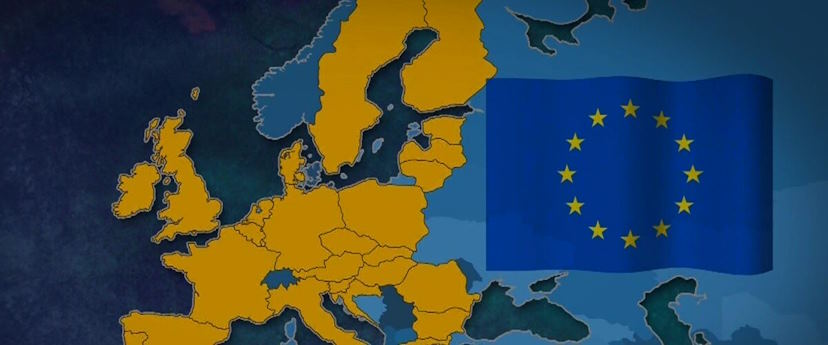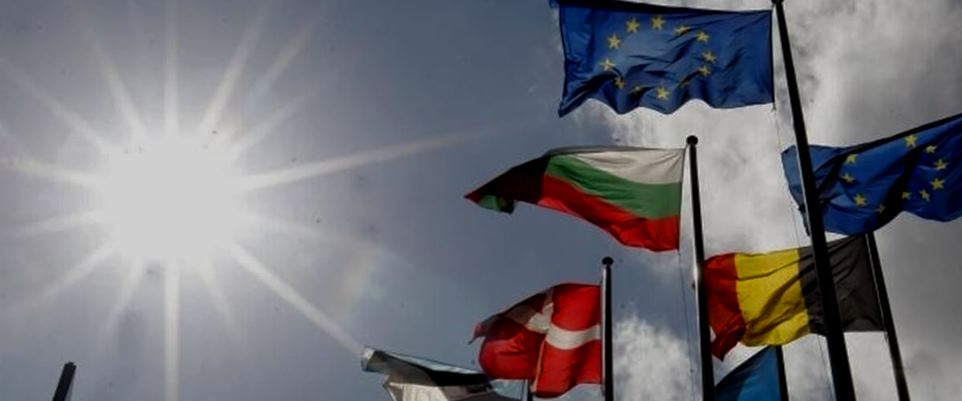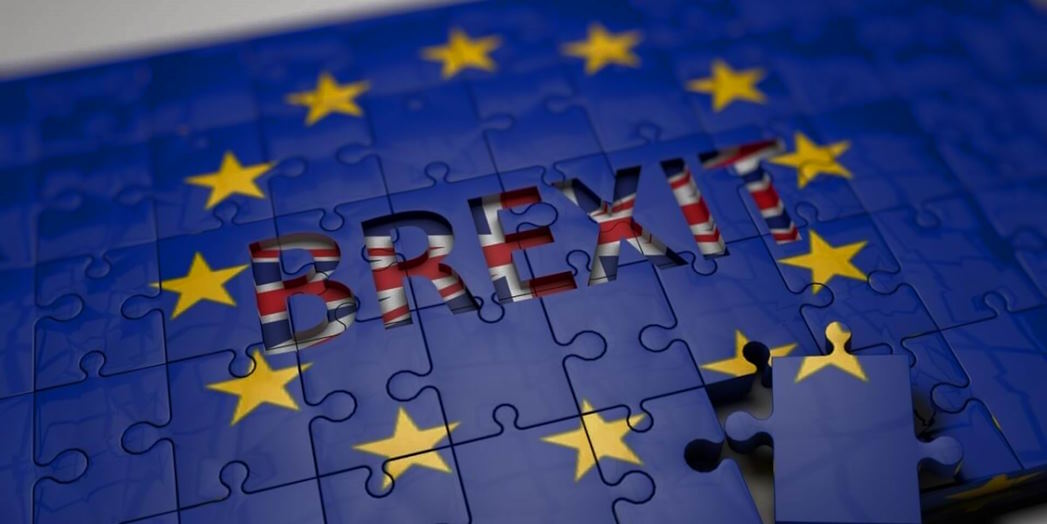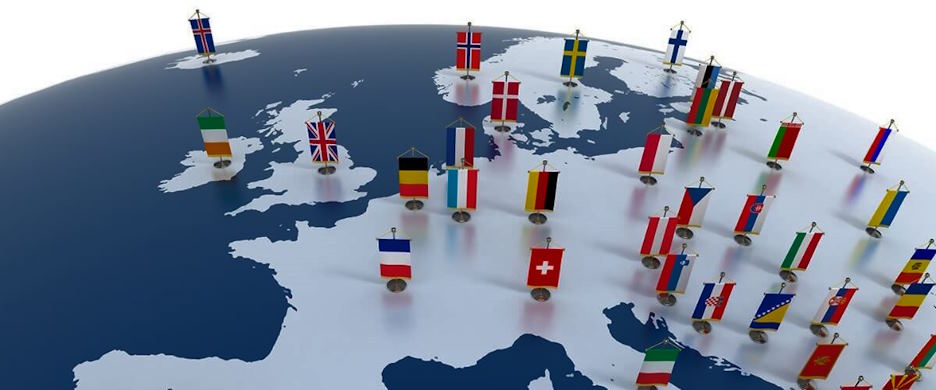The decision of the United Kingdom (UK) to leave the European Union (EU), commonly referred to as Brexit, has had far-reaching consequences for the UK and Europe as a whole. Beyond the economic implications, Brexit has significantly impacted the continent’s political landscape. In this article, we will assess the consequences of Brexit on Europe’s political landscape, examining the changes in power dynamics, the rise of Euroscepticism, and the potential implications for future integration efforts.
Changes in Power Dynamics
Brexit has altered the EU’s power dynamics, affecting the remaining member states and the EU institutions. Here are some key observations:
Weakening of the Franco-German Axis
The departure of the UK has disrupted the balance of power within the EU. The Franco-German axis, which traditionally played a central role in shaping EU policies, has lost a key ally, impacting their influence and potentially shifting the power dynamics in favor of other member states.
Increased Influence of Smaller Member States
With the departure of one of the EU’s largest economies and most influential member states, smaller countries have gained more prominence. They can exert greater influence in decision-making processes and shape the EU’s agenda to a larger extent.

Growing Centralization of Power
Brexit has led to a greater concentration of power within the EU institutions. The departure of a member state advocating for more decentralization and sovereignty has, to some extent, shifted the balance towards stronger EU integration, with the potential for enhanced decision-making authority at the EU level.
The rise of Euroscepticism
Brexit has fueled Euroscepticism across Europe, leading to a surge in anti-EU sentiment and the rise of populist movements. Here are some significant implications:
Increased Calls for Referendums
The success of the Brexit referendum has inspired Eurosceptic movements in other member states to call for their referendums on EU membership. It has created uncertainties and added pressure on the EU, as it faces the risk of further fragmentation.
Challenging EU Integration Efforts
Eurosceptic movements and political parties are skeptical of further EU integration. Their influence can impede progress on initiatives such as deepening fiscal and political integration, potentially hampering the EU’s ability to address common challenges collectively.
Reassessment of EU Policies
Brexit has prompted a reevaluation of EU policies and priorities. Member states are more inclined to reexamine their relationship with the EU and push for policy changes that align with their national interests, potentially leading to greater policy divergence within the EU.

Implications for Future Integration Efforts
The consequences of Brexit on Europe’s political landscape have significant implications for future integration efforts. Here are some considerations:
Reinforcing the Need for Reform
Brexit has highlighted the need for reforms within the EU to address the concerns of member states and citizens. Reforms focused on transparency, democratic accountability, and flexibility may be necessary to rebuild trust and ensure the sustainability of EU integration.
Striking a Balance
Balancing the desire for deeper integration with the concerns of member states seeking to maintain national sovereignty will be crucial. Finding a middle ground that addresses member states’ diverse needs and aspirations will be essential to maintaining unity and progressing toward a more integrated Europe.
Strengthening Dialogue and Engagement
Open and constructive dialogue between member states, EU institutions, and citizens is vital to address grievances and build consensus. Engaging with Eurosceptic movements and understanding their concerns can help bridge the divide and foster a sense of ownership and participation in the European project.
Examples of Eurosceptic Movements in Europe
| Country | Eurosceptic Movement |
| France | National Rally (formerly National Front) |
| Italy | Five Star Movement, Lega Nord |
| Netherlands | Party for Freedom (PVV) |
| Germany | Alternative for Germany (AfD) |
| Poland | Law and Justice (PiS) |
| Hungary | Fidesz, Jobbik |
| Sweden | Sweden Democrats |




